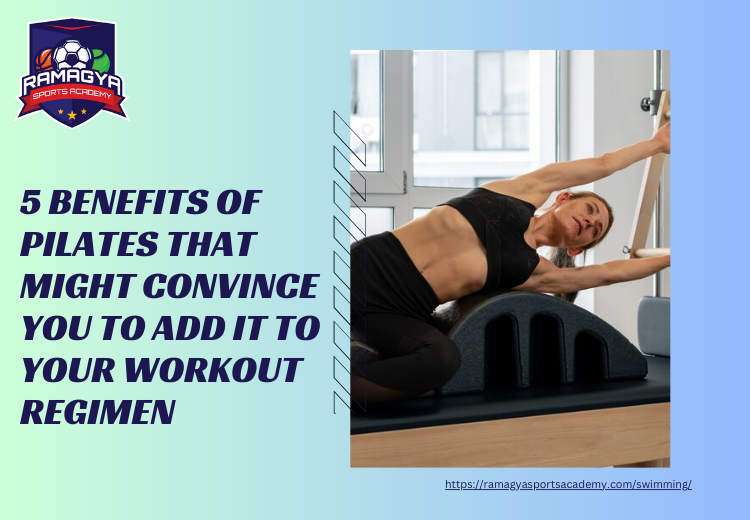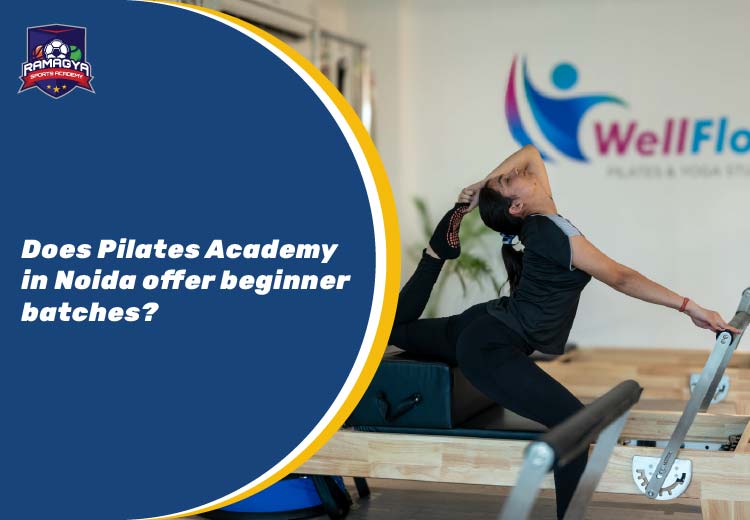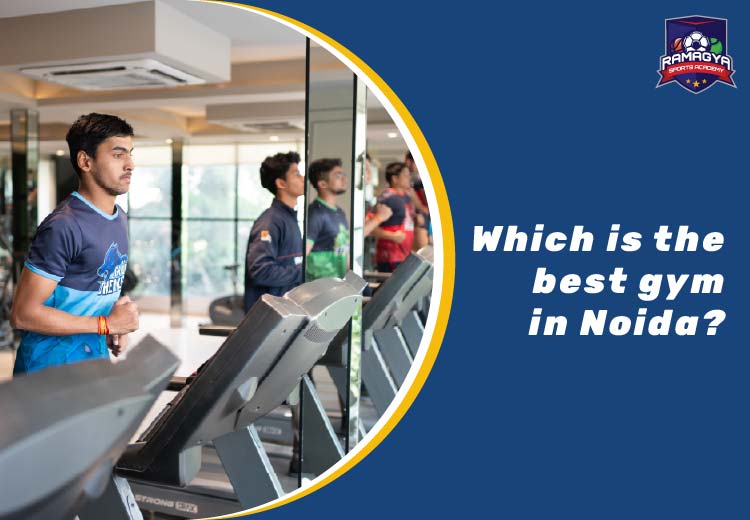
Grade 1 and 2 Students Shine at the Athletic Meet at BLS World School
September 4, 2024
A Beginner’s Guide for Squash: Getting started with the sport
September 7, 20245 Benefits of Pilates: Reasons to Add It to Your Workout Routine
 There are many benefits of Pilates as it is a physical fitness practice that specializes in strengthening core muscles while increasing flexibility and body awareness. Now renowned as a popular training program due to its mind-body transformational effects, Pilates has quickly become one of the world’s premier training methods. Pilates is a fitness method that focuses on flexibility, strength and overall health. It is designed to help you build muscle throughout your body, especially in the lower back, hips, and abdomen. Pilates uses core muscles to help maintain posture and balance. By engaging these core muscles through Pilates practice, one can improve balance, posture and alignment to reduce the risk of injury while increasing physical fitness overall.
Pilates exercises focus on controlling breathing and movement, with practitioners learning to coordinate both in order to complete exercises using either resistance from their body weight, such as using equipment like the reformer, Cadillac and chair or by using your weight as resistance. Pilates is highly adaptable, making it suitable for people of all fitness levels–from novices to experts–and is simple to modify to meet individual needs. Pilates is well known for placing emphasis on quality over quantity of movements, encouraging participants to concentrate on precision and alignment rather than number of moves performed. Pilates helps develop mind-body connections to strengthen mindfulness and reduce stress by insisting every exercise be completed with awareness and control.
There are many benefits of Pilates as it is a physical fitness practice that specializes in strengthening core muscles while increasing flexibility and body awareness. Now renowned as a popular training program due to its mind-body transformational effects, Pilates has quickly become one of the world’s premier training methods. Pilates is a fitness method that focuses on flexibility, strength and overall health. It is designed to help you build muscle throughout your body, especially in the lower back, hips, and abdomen. Pilates uses core muscles to help maintain posture and balance. By engaging these core muscles through Pilates practice, one can improve balance, posture and alignment to reduce the risk of injury while increasing physical fitness overall.
Pilates exercises focus on controlling breathing and movement, with practitioners learning to coordinate both in order to complete exercises using either resistance from their body weight, such as using equipment like the reformer, Cadillac and chair or by using your weight as resistance. Pilates is highly adaptable, making it suitable for people of all fitness levels–from novices to experts–and is simple to modify to meet individual needs. Pilates is well known for placing emphasis on quality over quantity of movements, encouraging participants to concentrate on precision and alignment rather than number of moves performed. Pilates helps develop mind-body connections to strengthen mindfulness and reduce stress by insisting every exercise be completed with awareness and control.
- Improved Core Strength:
- Enhanced Flexibility:
- Increased Body Awareness:
- Injury Prevention:
- Stress Relief and Mental Well-being:



